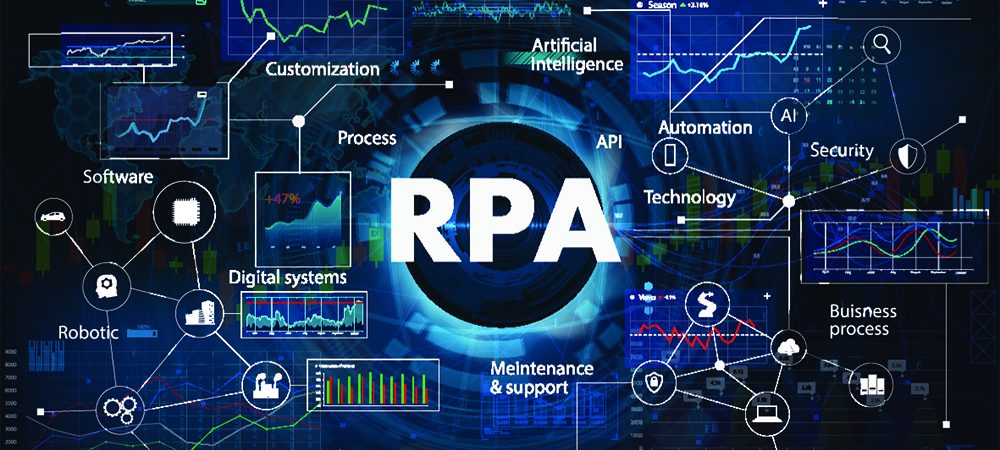Milan Sheth, Executive Vice President for India, Middle East and Africa East Region at Automation Anywhere, has released his global 2020 RPA predictions. He believes that 2020 will be the breakout year for intelligent automation as it continues to bring enormous potential to automate end-to-end business processes.
Here are his top five:
1) The near elimination of paper from all large and medium enterprises. With the onset of cloud-native, web-based RPA platforms and rapidly maturing Machine Learning technologies that understand the written word and integrate resulting actions within an RPA platform, we’ll pass the tipping point towards ubiquitous adoption in the next year.
By 2025, there will be easy-to-deploy-and-teach AI models for a large majority of paper documents in the enterprise, so that human workers will never need to process an invoice again.
2) Digital Transformation lead by government in the GCC will accelerate regional adoption of automation. With a change in customer expectations and behaviours, firmer regulations, energy prices, workforce nationalisation, among others, businesses will need to find new ways to increase efficiency, drive revenue and meet customer needs by adapting an RPA program which will enable solving these challenges simultaneously and more efficiently.
With 85% of the RPA market still untapped, benefits such as consistent performance, more satisfied citizens and customers will encourage all businesses to dive into automation. In fact, current Automation Anywhere customers are already increasing investments to hedge into the era of Digital Transformation in the Middle East.
3) RPA will play a pivotal role in global data privacy and governance initiatives. The 2020s are shaping up to be the decade defined by Big Data – with the advent of 5G and the explosion of connected devices.
In this new era, we’ll see even more pressure on companies to be fully transparent about the information they collect and how it’s used, with legislation like GDPR and the GCC’s ever-transformative regulatory environment, in which a national digital strategy is the driving force behind enhanced citizen services.
Additionally, as malware increasingly becomes enhanced with Artificial Intelligence (AI) to identify network vulnerabilities, intelligent, secure bots will be a critical line of defence against data breaches.
4) Hiring for RPA skills will explode across all industries and job functions by the end of 2020. We already see an incredibly high demand for RPA specialists. Over the next year, we expect to see RPA skills appear across all job roles – developers, business analysts, program and project managers etc. – and in all verticals – IT, BPO, HR, education, insurance, banking, among others. As a result, the number of open roles (and starting salaries) will skyrocket.
5) Intelligent (AI-driven) automation will replace rules-based automation entirely. While many RPA platforms now offer AI capabilities, today RPA and AI are used as two separate entities – one is rules-based and the other is adaptive and predictive. In the next year, RPA and process analytics will become entirely infused with AI and Machine Learning (ML), accelerating process mining and discovery, and dramatically simplifying human effort in these areas.
Going forward, bots will be able to automatically identify the best processes to automate, act upon this insight and optimise deployments throughout to guarantee the best possible results.


